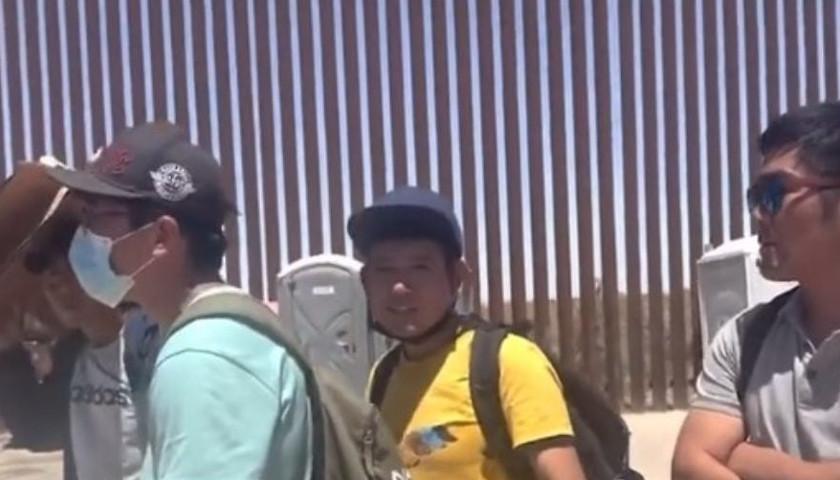Both Target and Best Buy have announced plans to make Juneteenth a company-wide holiday, an idea that Sen. John Cornyn (R-TX) wants to institute on the federal level.
“One of the most defining days in our nation’s history was when President Lincoln issued the Emancipation Proclamation on January 1, 1863, finally freeing all slaves in Confederate territory. But slaves in Texas wouldn’t learn this life-altering news for two and a half years,” Cornyn said during a Senate floor speech Thursday.
“It took two and a half years for the slaves in the south to learn that they were free. And that day came on a day we now celebrate as Juneteenth,” he explained. “As we do every year, tomorrow Texans will celebrate Juneteenth and the 155th anniversary of the end of slavery in our state. It’s an opportunity to reflect on our history, the mistakes we have made, but yet how far we’ve come in the fight for equality, and a reminder of just how far we still have to go.”
Cornyn said he will soon introduce a bipartisan bill to declare Juneteenth a federal holiday.
Target and Best Buy, both headquartered in Minnesota, said in statements released this week that they will make Juneteenth a company holiday. According to Target’s press release, all stores and distribution centers will remain open, but hourly team members who work on June 19 will be paid time-and-a-half. All eligible Target employees have the option of taking the day off with full pay.
“We recognize that the racial trauma the country is experiencing now is not new, but throughout recent weeks there has been a sense that this time is, and has to be, different,” said Brian Cornell, chairman and CEO of Target.
“Juneteenth takes on additional significance in this moment. Moving now to recognize it on an annual basis – as a day to celebrate, further educate ourselves or connect with our communities – is one more important action Target can take as a company to help the country live up to the ideal of moving forward in a new way,” he continued.
Best Buy said it will give all employees a paid volunteer day for Juneteenth this year and will make it a formal, paid holiday starting next year.
“We made the decision to begin this next year only because June 19 is just a few days away, and we wanted to give as much flexibility as possible to accommodate individual schedules,” the company said. “We are proud to honor Juneteenth and the centuries of struggle, pain, redemption and celebration it represents.”
U.S. Bank also announced that it will close its offices and branches at 1 p.m. Friday in recognition of Juneteenth.
– – –
Anthony Gockowski is managing editor of The Minnesota Sun and The Ohio Star. Follow Anthony on Twitter. Email tips to [email protected].
Photo “Target Store” by Mike Mozart. CC BY 2.0.






I have never seen such pandering. So much for Best Buy.
I quit going to Target when they decided sex is a choice and opened women’s restrooms to anyone who wanted to go in. That was when I decided that I am a yellow school bus and no one can say anything different. HONK! HONK!
“President Lincoln issued the Emancipation Proclamation on January 1, 1863, finally freeing all slaves in Confederate territory. ”
The United States Supreme Court in its 1857 Dred Scott decision ruled slavery legal in the United States. A presidential proclamation cannot and does not overturn a SCOTUS decision. If one researches the actual history and the quotes of President Lincoln and his Secretary of State, William Seward, they admitted. that it was a practical war measure to interject the slavery issue into the Civil War since it was only directed toward “states in rebellion”, but not to slavey in Union States, Missouri, Kentucky, Maryland and Delaware.
Slavery was legally ended and SCOTUS Dred Scott overturned with the enactment of the 13th Amendment on Dec 6, 1865. The 14th Amendment subsequently in 1866 legally ensured that black people were full citizens.
I suggest that anyone interested in the “rule of law” and the actual history, with quotes by Lincoln and Seward,
search “Historical Ignorance I and II, by Dr. Walter Williams, a black Economics Professor at George Mason University.